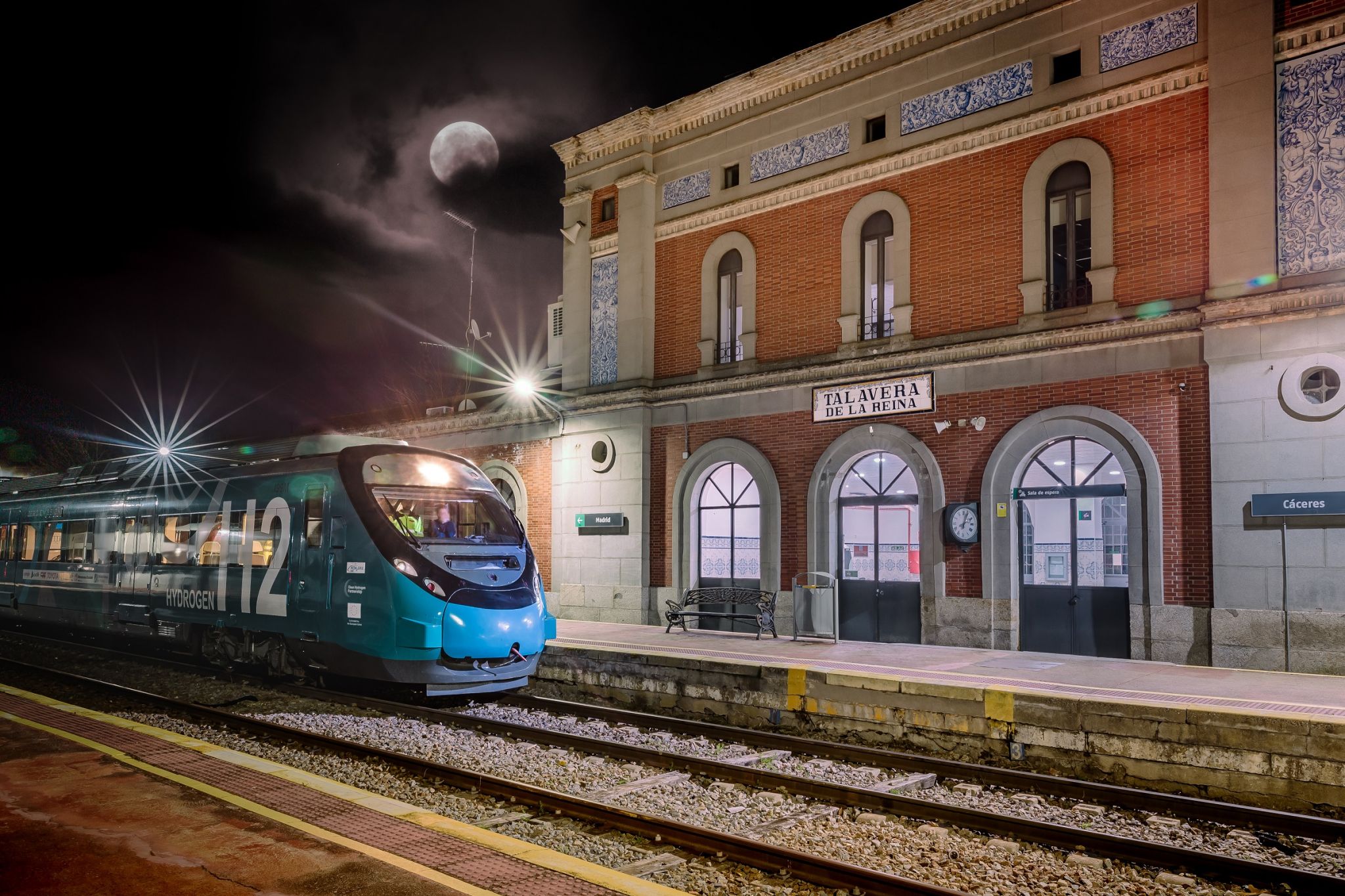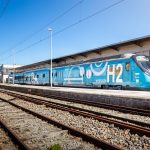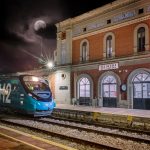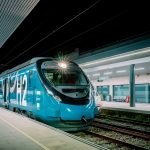 FCH2Rail demo train has completed the testing campaign in the Madrid area, adding important milestones to the project. During the tests, the train simulated various commercial services from Madrid to Talavera, Monfragüe and Caceres.
FCH2Rail demo train has completed the testing campaign in the Madrid area, adding important milestones to the project. During the tests, the train simulated various commercial services from Madrid to Talavera, Monfragüe and Caceres.
Additionally, a maximum autonomy test was carried out in which the demonstrator train reached Merida, capital of Extremadura, and covered a distance of 804 km without consuming the total amount of H2 stored.
With the end of this campaign, Madrid, Toledo, Caceres and Badajoz are the four additional Spanish provinces that have witnessed the testing of the demonstrator train.
The project has started with multi-country and multi railway-use-case analysis in order to derive requirements for the design, implementation and test of the fuel cell hybrid powerpack (FCHPP).
The testing on the Spanish rail network was launched in May on the section between Zaragoza and Canfranc and the second trial was carried out on the Torralba – Soria railway line. On Zaragoza – Canfranc line, the prototype train has proven its potential, reliability and efficiency, while on the line between Torralba and Soria, the performances of the bi-mode fuel cell hybrid train was tested.
Based on that the FCHPP will be designed and demonstrated in the retrofitted bi-mode multiple unit that draws electricity from the catenary while operating on electrified sections and uses the FCH system as power source on non-electrified sections supported by an innovative train wide energy management system to minimise the energy and power consumption.
An important aim of the FCH2Rail project is to demonstrate the competitiveness of FCH against diesel trains. Therefore, project related KPI are collected and implemented to a LCC model which is applied to different rail sectors deriving cost reduction potentials.
Dissemination will comprise the demonstration of the FCHPP and the FCH2Rail demon train complemented by intensive communication and publication activities.
EUR 13.3 million in the value of the project the secured a EU financing of EUR 10 million. The project, which is coordinated by German Aerospace Centre (DRL) is expected to be completed on December 2024.
Share on:






